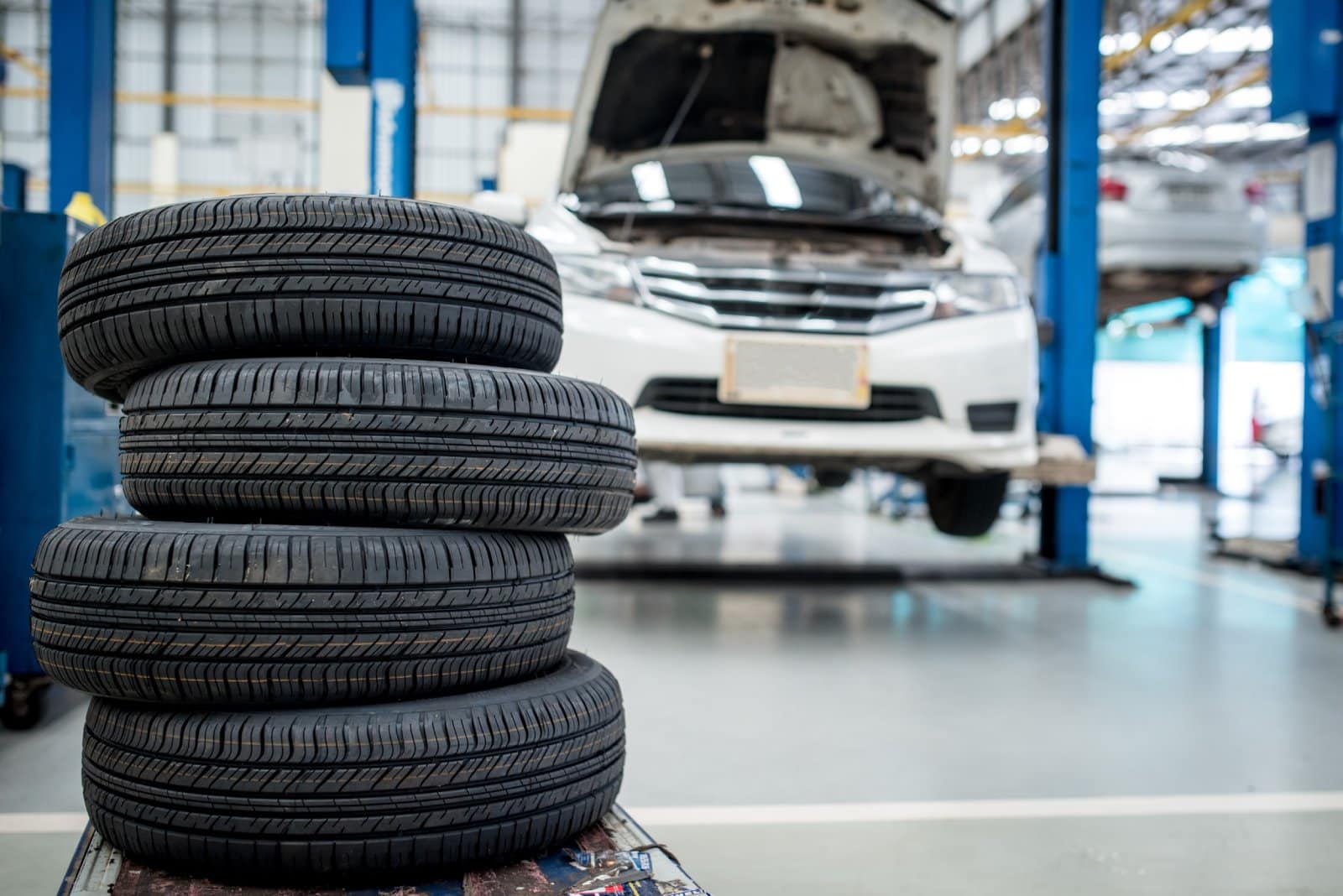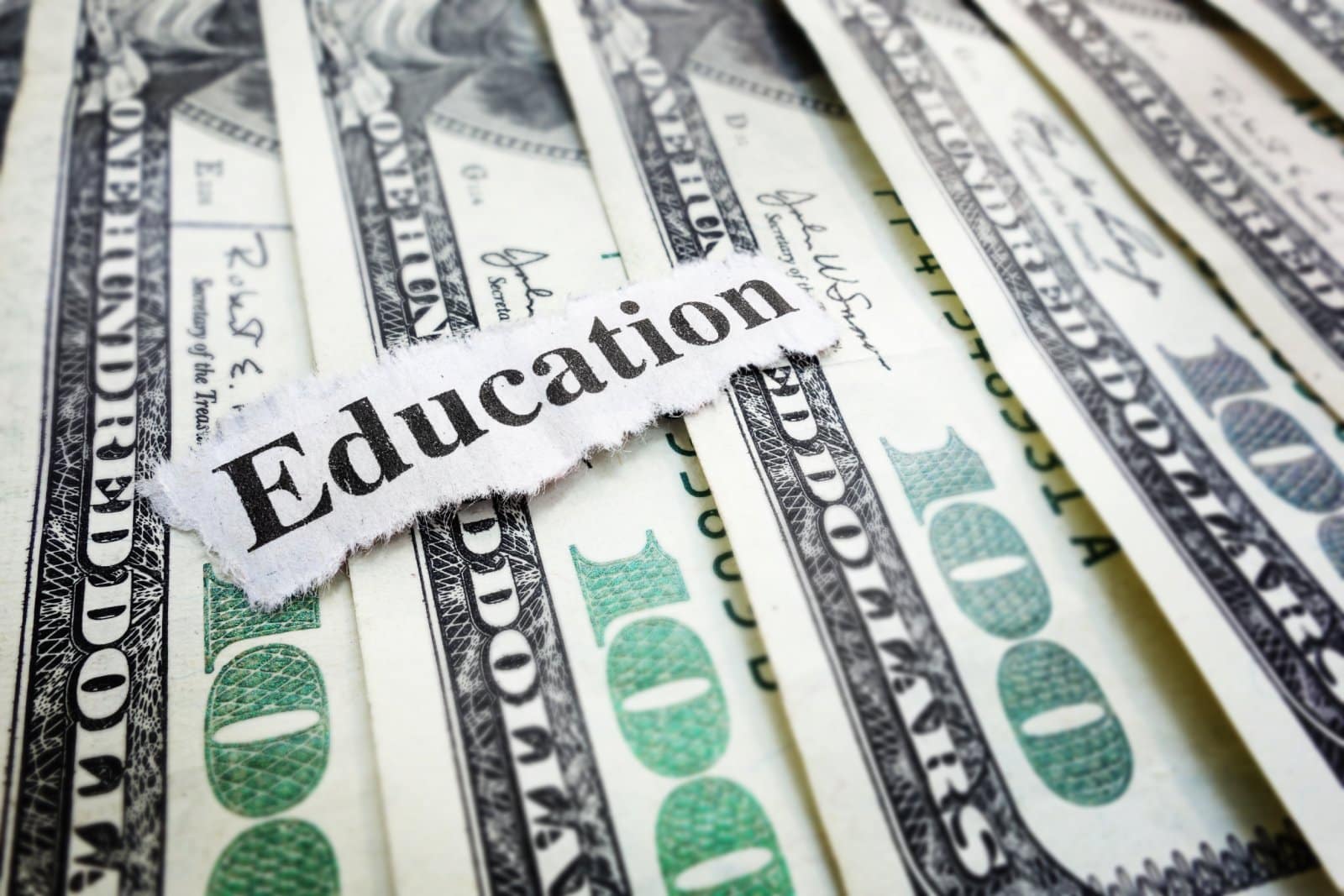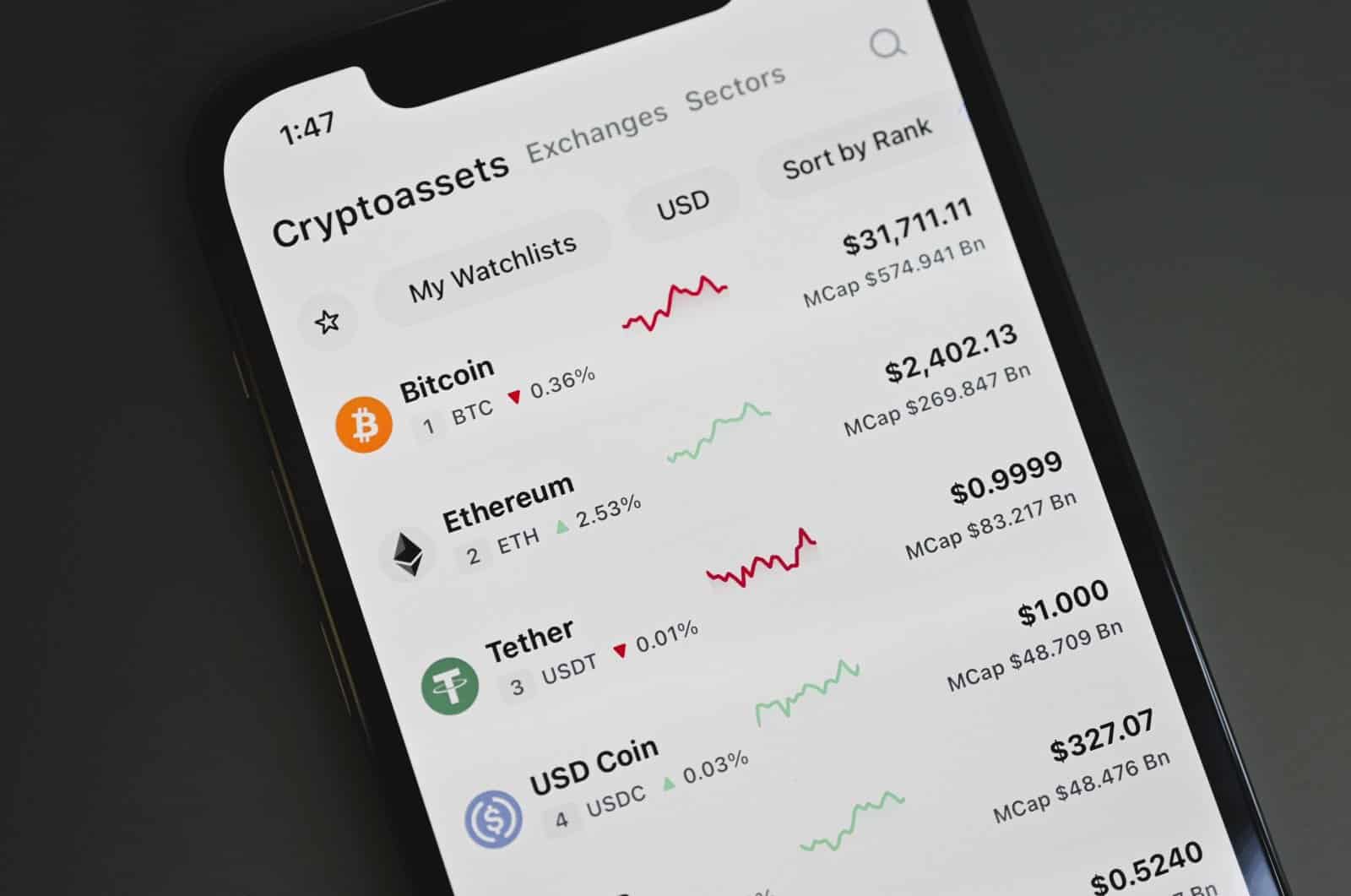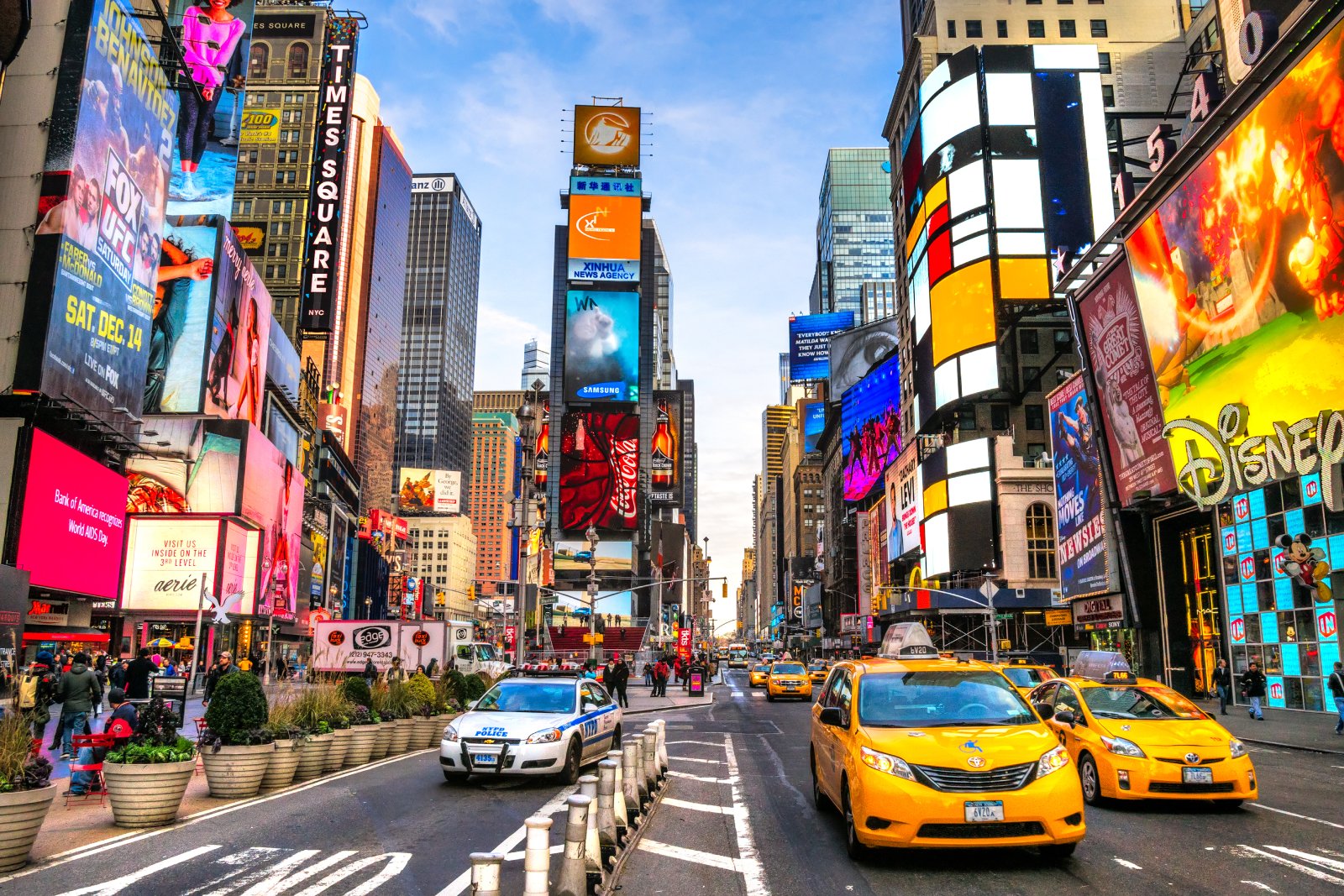Millennials have traded boardrooms for Zoom rooms, suits for sweats, and gold watches for smartwatches. As they navigate the economic waters with their eco-friendly, tech-savvy compass, let’s explore the whirlwind ways they’re accused of turning the economy on its head, one tap and swipe at a time.
1. Job Hopping Disarray

Their frequent job changes disrupt workforce stability, creating a nightmare for businesses attempting to maintain a reliable and experienced team, potentially stunting long-term growth.
2. Gig Economy Instability

By propelling the gig economy, millennials contribute to a labor market lacking in job security and benefits, undermining the foundation of stable employment.
3. The Homeownership Crisis

Their low home-buying rates contribute to a sluggish real estate market and disrupt industries reliant on home purchases, weakening a key pillar of economic growth.
4. Family Planning Delays

Postponing marriage and children, millennials affect sectors from education to housing, slowing economic momentum that typically comes from family formation.
5. Destroying Traditional Retail

Their preference for online shopping is decimating malls and brick-and-mortar stores, eroding the fabric of local economies and community spaces.
6. Brand Loyalty Erosion

Millennials’ fickleness with brands destabilizes markets, making it hard for companies to forecast demand and plan for the future.
7. Car Ownership Decline

By shunning car ownership, millennials not only disrupt the auto industry but also ancillary services like insurance and finance.
8. Banking Distrust

Their skepticism towards traditional banking and flirtation with fintech and cryptocurrencies challenge the stability of longstanding financial institutions.
9. Education Debt Explosion

Their pursuit of higher education, fueled by easy access to student loans, has ballooned into a debt crisis, questioning the sustainability of current educational financing models.
10. Overloading Healthcare

Preferring on-demand healthcare, millennials strain traditional health systems, pushing costs higher and complicating insurance models.
11. Influencer Economy Perils

Millennials’ reliance on social media for purchasing decisions can lead to impulsive spending and destabilize traditional advertising models.
12. Unrealistic Work Expectations

Demanding extensive benefits and flexible work environments, millennials could be driving up operational costs, making businesses less competitive.
13. Environmental Efforts Misfiring

While their push for sustainability is noble, it sometimes sidelines industries that are not quick to adapt, potentially leading to job losses and economic dislocations.
14. Technological Displacement

Their drive for constant innovation accelerates the obsolescence of traditional jobs and skills, contributing to economic inequality.
15. Cryptocurrency Volatility

Millennials’ fascination with volatile digital currencies could undermine the financial system’s stability, introducing risk into markets.
16. Subscription Model Saturation

This preference shifts economic patterns from ownership to leasing, potentially devaluing entire product sectors and impacting manufacturing.
17. Fast Food and Dining Trend

Their dining habits prioritize convenience over tradition, hurting grocery stores, local farms, and the home cooking industry.
18. Minimalist Movement Impact

While reducing consumption is eco-friendly, it can dampen economic activity in consumer goods sectors, affecting jobs and growth.
19. Remote Work Revolution

By decentralizing the workforce, millennials challenge urban economic models, impacting everything from office real estate to city service businesses.
20. Experiential Spending Shift

Investing in experiences over goods might enrich lives but divert spending from tangible products, shaking the foundations of goods-based economies.
21. Slowing Economic Engines

Unique spending and saving habits contribute to economic recalibrations, potentially slowing growth in key sectors and affecting overall economic vitality.
22. Political Polarization Extending

Their vocal political and social activism often transcends into the workplace and market, complicating consensus-building on economic policies and contributing to market volatility.
The Future

As millennials rewrite the rules, maybe it’s not about economic doom but a fresh, unconventional path forward.
In this rapidly evolving saga, perhaps the key is not blame but adaptability and collaboration. After all, the future is not just in their hands, but ours to shape together.
21 States Where Squatters Can Legally Claim Your Property

Discover how squatters’ rights, or adverse possession, are more than just legal jargon—they’re stories of unexpected twists in the world of real estate. From sunny California to the historical landscapes of Pennsylvania, here’s how these laws could turn the tables on homeowners and squatters alike. 21 States Where Squatters Can Legally Claim Your Property
14 Things That Are Banned in the U.S. but Totally Fine Elsewhere

Ever feel like America’s rulebook was written by someone with a dartboard? Across the pond or down under, things get even wackier. Let’s take a walk on the wild side of global “Do’s” that are definite “Don’ts” in the Land of the Free. 14 Things That Are Banned in the U.S. but Totally Fine Elsewhere
25 American States Nobody Wants to Visit Anymore

Across the United States, some states capture the hearts and itineraries of many, while others remain quietly on the sidelines, overshadowed or misunderstood. These 25 states, facing what you might call a popularity crisis, are brimming with hidden wonders, cultural riches, and natural beauty, awaiting those willing to look beyond the usual tourist trails. 25 American States Nobody Wants to Visit Anymore
20 Foods That Are Cheaper to Eat Out Than Making at Home

In a world where convenience often wins, certain culinary delights come with a lower price tag when enjoyed at a restaurant rather than crafted in your own kitchen. Here are twenty foods that might save you both time and money when indulged in at your favorite eatery. 20 Foods That Are Cheaper to Eat out Than Making at Home
17 Things You’re Paying For, but You Don’t Have To

In the land of the free, there’s a price tag on everything, but savvy Americans know better than to open their wallets for just anything. Here are 17 expenses you’ve been shelling out for without realizing there’s a cheaper or even free alternative. 17 Things You’re Paying For, but You Don’t Have To
The post 22 Reasons Why Some Say Millennials Are Hurting the Economy first appeared on From Frugal to Free.
Featured Image Credit: Shutterstock / Bobex-73.
The content of this article is for informational purposes only and does not constitute or replace professional financial advice.
For transparency, this content was partly developed with AI assistance and carefully curated by an experienced editor to be informative and ensure accuracy.
